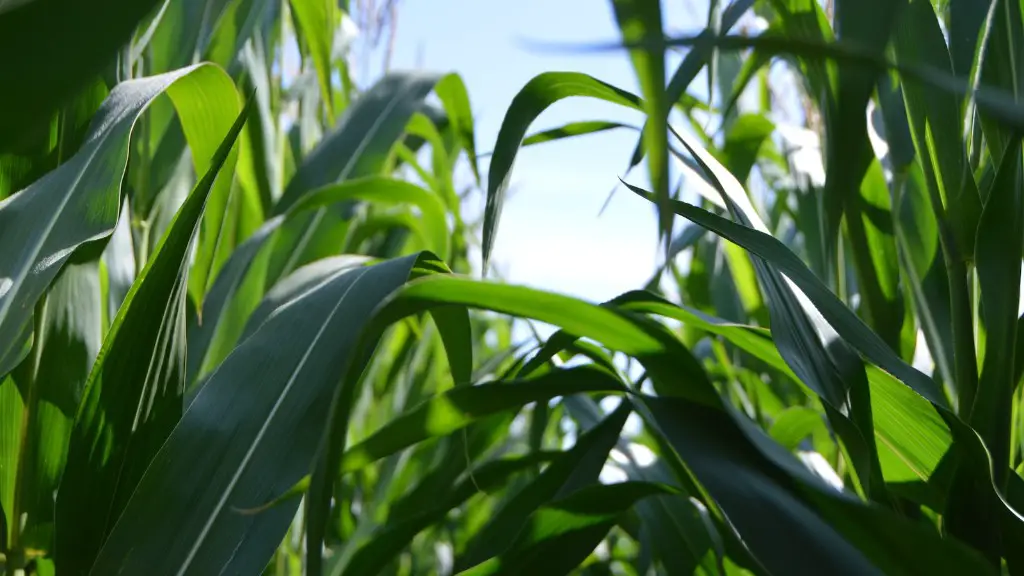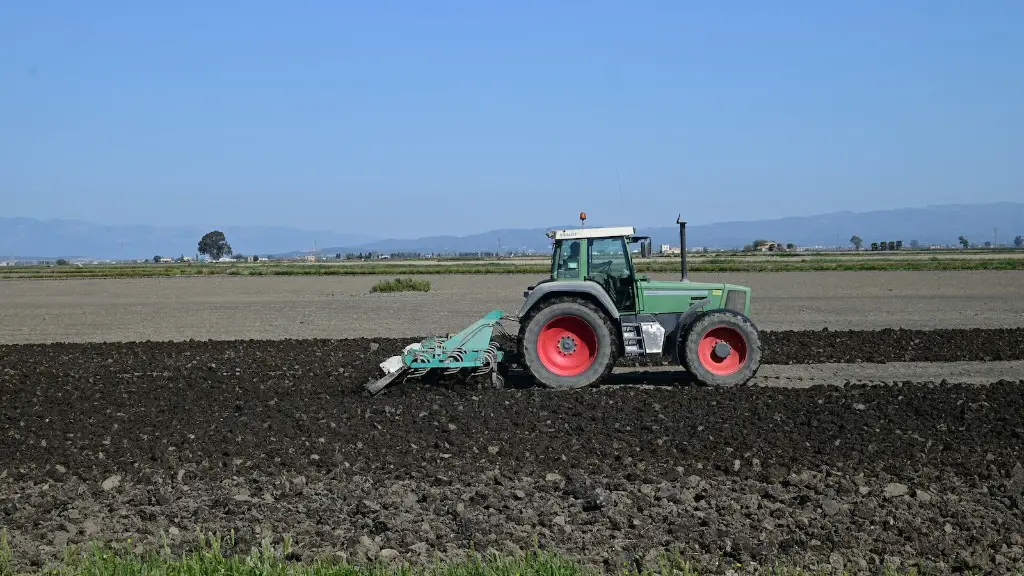Agriculture has been a part of human life for centuries. It is the practice of growing and cultivating crops, as well as raising livestock, to provide sustenance for humans and other animals. Agriculture is essential to the continuation of human life, as it provides food, fiber, and other products that are essential to sustain us. Without agriculture, our species would not have been able to survive.
Agriculture is an essential element of the global economy. It has long been a major source of our food and textile needs, and is an important part of other industries, such as biofuels and medicine. Agriculture is also a major employer, with over half of the world’s workforce employed in agricultural jobs. It also creates wealth, by providing economic opportunities for small farmers and supplying fuel for global trade.
Agriculture also has a major impact on the environment. The practice of growing and raising food can result in air and water pollution, land degradation, and the loss of biodiversity, if not managed well. However, when done properly, agriculture can have huge positive impacts on the environment, such as improving soil fertility, reducing greenhouse gases, and increasing biodiversity. It can also be used to combat climate change, by reducing carbon emissions and creating more efficient and sustainable farming techniques.
Agriculture also plays an important role in social and cultural life. Its practices and products provide the foundation for many traditions, including religious ceremonies and celebrations. It is also closely associated with the arts, such as pottery, painting, and photography. Finally, it encourages cooperation and community, as farmers band together to share resources, knowledge, and labor.
Agriculture is one of the most important tools that humans have to sustain life. As the population continues to grow, so too will the importance of agriculture in providing food and other resources. It is essential that we protect and promote it, so that future generations can enjoy the benefits it provides.
Types of Agriculture
There are many different types of agriculture, all of which have their own unique set of characteristics. For example, there is arable agriculture, which involves the production of crops such as wheat, barley, and corn. There is also livestock agriculture, which involves the raising of animals such as cows, pigs, and sheep. Aquaculture is the practice of growing fish, while horticulture involves the cultivation of fruits and vegetables. Finally, forestry involves the management of forests and using their resources responsibly.
Common agricultural practices include crop rotation, tilling of soil, irrigation, and the use of fertilizers and pesticides. These practices can have varying effects on the environment, so it is important to ensure that they are done sustainably. Additionally, there are many innovations in the field of agriculture such as precision farming, the use of no-till farming, and the use of cover crops.
The Impact of Agriculture on Society
Agriculture has had a major impact on society throughout human history. It is the basis for large-scale production of food, which is essential for survival. Agriculture has also impacted the development of societies, as it has allowed for large concentrations of people to exist in close proximity to food production.
Additionally, agriculture has been used to support the growth of cities. It has enabled cities to become large centers of production, as agriculture has provided a potential source of wealth and sustenance.
Agriculture has also been used to control the distribution of resources. In some cases, it has allowed some individuals or groups to accumulate wealth and control resources, which can lead to further social inequality. For this reason, it is important to ensure that agricultural practices are managed with fairness and sustainability.
The Impact of Agriculture on the Environment
Agriculture can have a major impact on the environment. It is the largest source of greenhouse gas emissions, as burning crop residues, animal waste, and fertilizer production releases carbon dioxide, methane, and other gases. Additionally, intensive agriculture can lead to soil degradation, water pollution, and biodiversity loss.
Agricultural practices can also contribute to deforestation, as land is cleared for agricultural production. This can have a major impact on local ecosystems, as it can reduce carbon sequestration, increase soil erosion, and create soil nutrient deficiencies.
However, when managed properly, agriculture can also have a positive impact on the environment. Practices such as crop rotation, no-till farming, and the use of cover crops can help conserve soil, reduce water pollution, and store carbon. Additionally, the use of renewable energy sources, such as solar or wind power, can help reduce emissions.
Agricultural Technologies
There are a number of technologies that have been developed to improve agricultural production. These technologies include genetically modified crops, which increase yields, and automated systems and machines, which reduce labor costs. Additionally, there are computer and satellite systems that can monitor crops and shepherd livestock.
The use of technology in agriculture has allowed for improved efficiency, better yield management, and more precise application of inputs. It has also enabled farmers to become more productive and profitable.
Additionally, technology has enabled the establishment of agricultural cooperatives, which enable farmers to work together to share resources and knowledge. This has helped to increase productivity, reduce costs, and improve rural livelihoods.
The Economic Benefits of Agriculture
Agriculture has vast economic benefits, both for individuals and society as a whole. It provides food, fiber, and raw materials, which can be used to create a variety of products and services. Additionally, it is an important source of employment, as agricultural labor is required to produce all of these products and services.
Agriculture also has an important impact on economic growth. It enables countries to become self-sufficient, providing food and other materials to meet their needs. Additionally, it creates foreign exchange, as countries can export their agricultural products to earn money.
Finally, agriculture is a major driver of global trade. It is a major export industry, as countries such as the US and China have become increasingly reliant on global trade for their food supply. Furthermore, agricultural exports can help drive economic growth in less-developed nations, by providing additional revenue and jobs.
Agricultural Policy and Development
Agricultural policy is an important part of government policy that seeks to support and protect farmers and their livelihoods. These policies can include subsidies, tariffs, quotas, and other measures that are designed to provide assistance to farmers and promote sustainability. Additionally, they can be used to support the development of new technologies, promote research and development, and encourage conservation.
Agricultural policy is closely linked to economic development, as it can help to create a more prosperous and equitable economy. By providing support for agricultural production, it can help to create jobs, reduce poverty, and increase foreign exchange earnings. Furthermore, agricultural policy can also help countries to become self-sufficient in food production, reducing their reliance on imports.
Finally, agricultural policy can also help promote environmental sustainability. It can provide incentives for farmers to reduce their reliance on fertilizer and pesticide use, conserve soil, and adopt more sustainable farming techniques. This can help reduce greenhouse gas emissions and preserve the environment for future generations.

